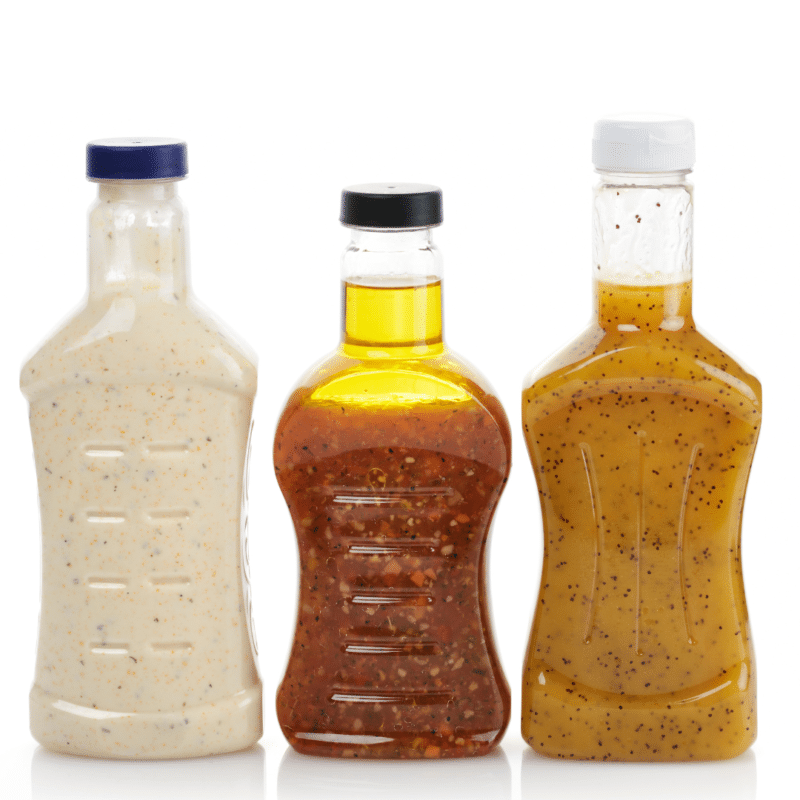Metabolic dysfunction-associated steatotic liver disease (MASLD) is caused by a buildup of fat in the liver, “steato-” meaning “fat”. Fatty liver disease is a progressive condition that can lower life expectancy. Obesity is the most common risk factor for MASLD
MASLD used to be called non-alcoholic fatty liver disease, or NAFLD, and you may still hear people call it NAFLD. A more aggressive form of MASLD is called metabolic-associated steatohepatitis, or MASH, which is the buildup of fat in the liver plus inflammation.
Ultimately, fat plus inflammation in the liver can lead to fibrosis, end stage liver cirrhosis and liver cancer.
What are the Risk factors for Fatty Liver Disease: MAFLD and MASH?
- Genetics
- Excess Weight
- High blood sugar which could indicate prediabetes or diabetes
- High cholesterol, particularly high triglycerides
- Eating diets high in processed foods, especially saturated fats and added sugars like corn syrup and high fructose corn syrup
- Low levels of physical activity and prolonged sitting
An estimated 50-90% of people with obesity have MASLD. According to studies, the higher a person’s Body Mass Index (BMI), the higher the risk of having MASLD. For example, a person with a BMI of 30-33 can have up to a 9-fold risk of MASLD.
What are the symptoms of MASLD and MASH?
Symptoms are often silent or nonspecific, making it difficult to diagnose. For most people, a buildup of fat in the liver, while not ideal, causes no problems. But in some people, the fat can become toxic to liver cells causing inflammation and cell damage. Mild symptoms could be right upper belly pain or feelings of fatigue.
Symptoms of more advanced disease, liver failure or advanced cirrhosis include:
- Weakness
- Fluid buildup in the abdomen, known as ascites
- Swelling in the feet or lower legs, called edema
- Yellowing coloration of the skin or white part of the eyes
- Spider like blood vessels on the skin surface
- Confusion
How common is MASLD and MASH?
- Up to 30% of the US population is estimated to have MASLD
- MASLD is the most common liver disorder in the United States
- About 20% of people with MASLD are estimated to have MASH
Weight reduction is currently the most effective treatment option.
Does Fatty Liver Disease lower life expectancy?
Research shows that MASLD can lower life expectancy. In early disease stages may not significantly impact life expectancy if managed effectively through lifestyle changes such as diet, exercise, weight loss, and control of underlying metabolic conditions like diabetes and high cholesterol.
However, if MASLD progresses to more severe stages, advanced fibrosis or cirrhosis, the risk of liver-related complications such as liver failure, liver cancer, and cardiovascular disease increases significantly. These complications can impact life expectancy and may require more intensive medical management, including medications and, in some cases, liver transplantation.
In March 2024, the FDA approved Rezdiffra™ (resmetirom), the first medication developed to treat MASH. RezdiffraTM is approved for adults with MASH who have moderate to advanced fibrosis (scarring) of the liver. Ongoing studies and results from studies using GLP-1 medications such as Wegovy®, Ozempic®, Mounjaro®, and Zepbound®, also show benefits, perhaps mostly because of the dramatic weight loss effect of these medications.
Does Fatty Liver Disease go away?
Here are Six Steps you can take Today:
- Weight loss of >10% body weight can reduce fat in the liver and improve fibrosis, or scarring, of the liver. As little as 3-5% weight reduction already begin to improve or even reverse disease. Consider working with a medical doctor that specializes in Obesity. Visit Evexia Medical and our local national expert that can help you with long-term weight loss success.
- Dietary changes made to include whole, real foods, including servings of vegetables, fruits, lean proteins, high-fiber starches and healthy fats like extra virgin olive oil, nuts and fatty fish are a great place to start. Avoid sugary drinks and pay attention to portion sizes.
- Regular physical activity has a direct benefit on MAFLD independent of weight loss. It helps improve the severity of fatty liver and inflammation by reducing insulin resistance, improving blood pressure, improving cholesterol and triglycerides, improving muscle mass, strength and endurance, quality of life and cardiorespiratory fitness.
- Prevent and/or Treat diabetes. If you have prediabetes or diabetes, ask your healthcare team about being screened for liver disease. Liver disease affects up to 70% of people with Type 2 diabetes, according to the American Diabetes Association. Excess weight and diabetes are also closely linked. Losing 5% of body weight can mitigate your risk of diabetes by 50%.
- Lower cholesterol. If you have high cholesterol or triglycerides, medication, diet, and exercise can help keep your blood lipid levels at a lower level.
- Cut out alcohol. Drinking alcohol can put extra stress on your liver. Limiting or avoiding alcohol is always advised for people with liver disease. The same steps can prevent liver disease for people. There’s no approved or safe way to detoxify your liver, so avoid regimens claiming they can do it.
In summary, Obesity is the most common risk factor for fatty liver disease and weight loss is one of the most effective treatment options. EVEXIA MEDICAL is here to help. As part of our medical program, you are paired with a double board-certified Obesity Medicine Doctor, Wellness Coach, Smart scale + app that enables remote monitoring and an individualized treatment plan to help you reach your health goals. Appointments can be scheduled online or by calling 561-621-1096.





